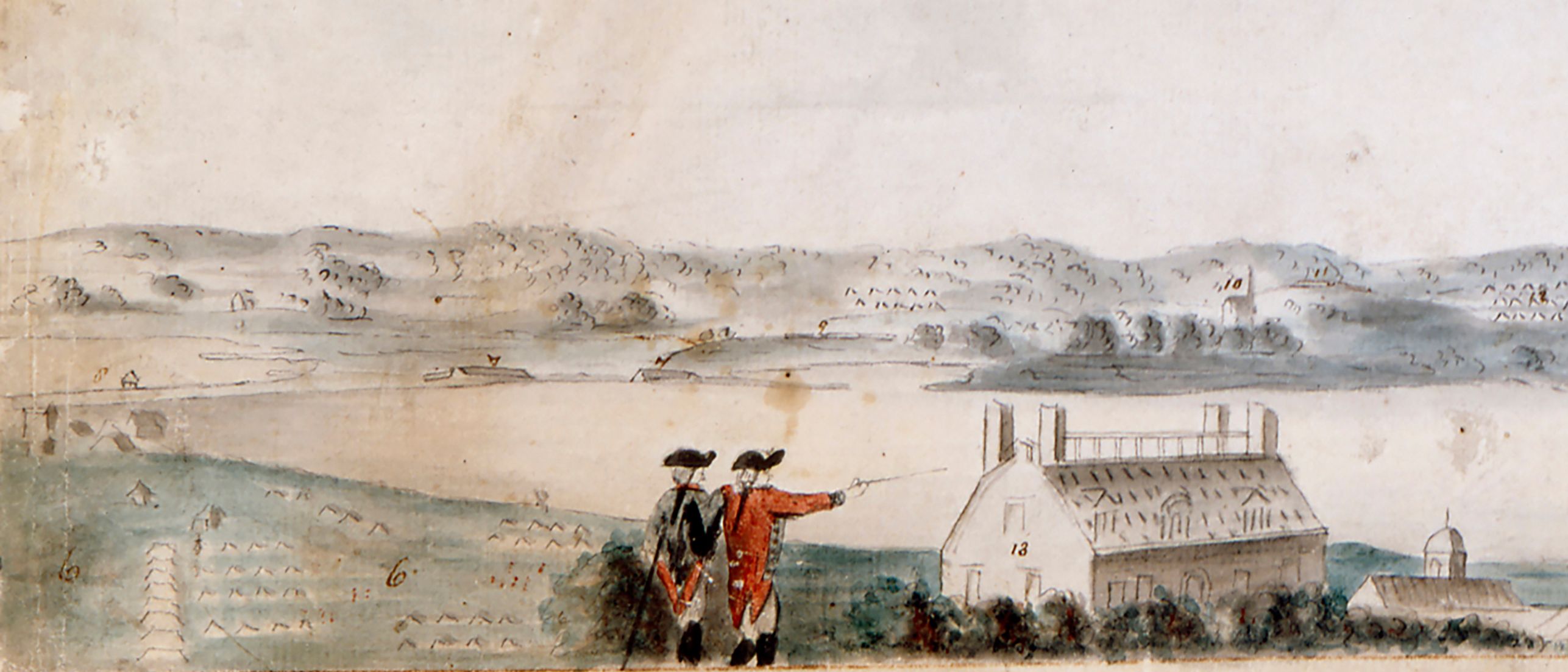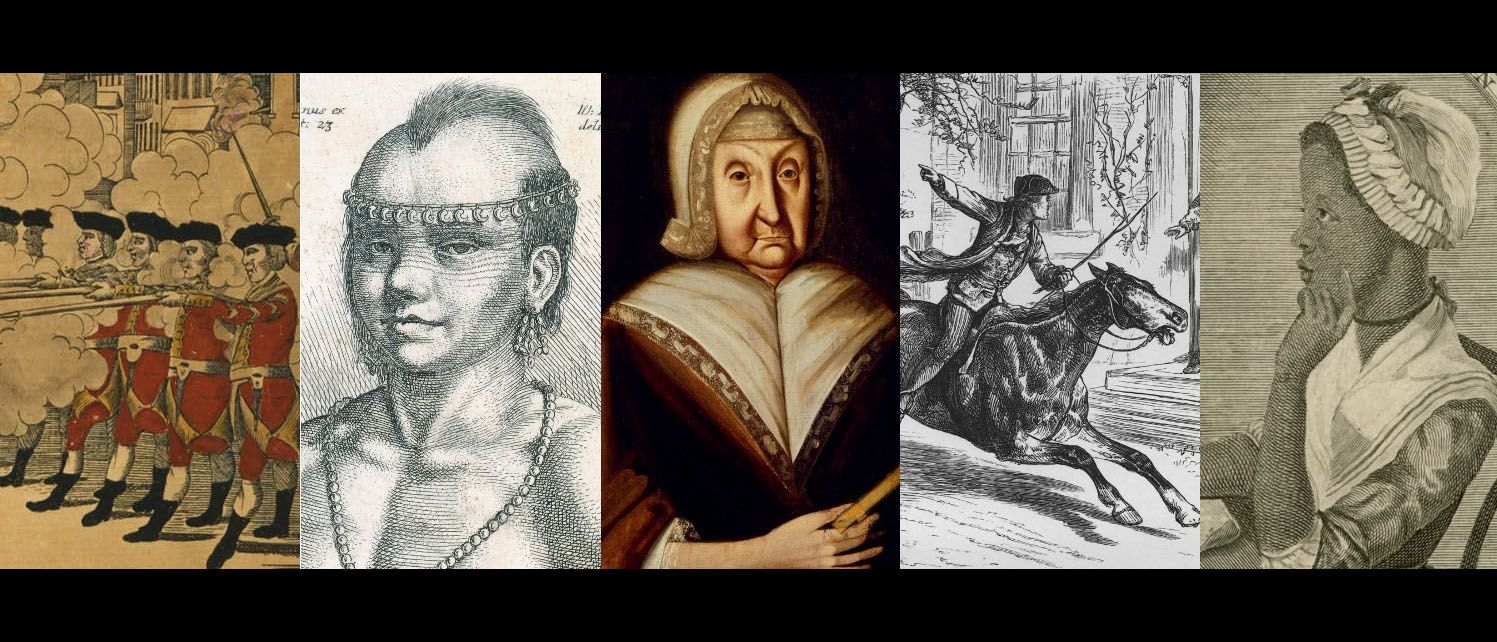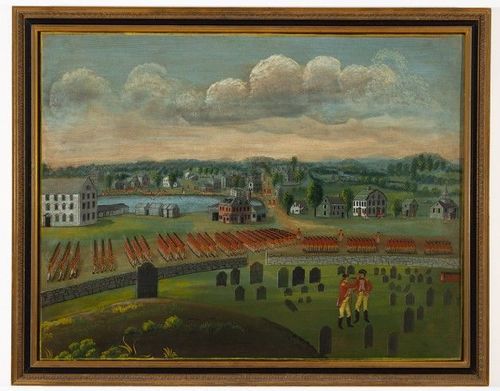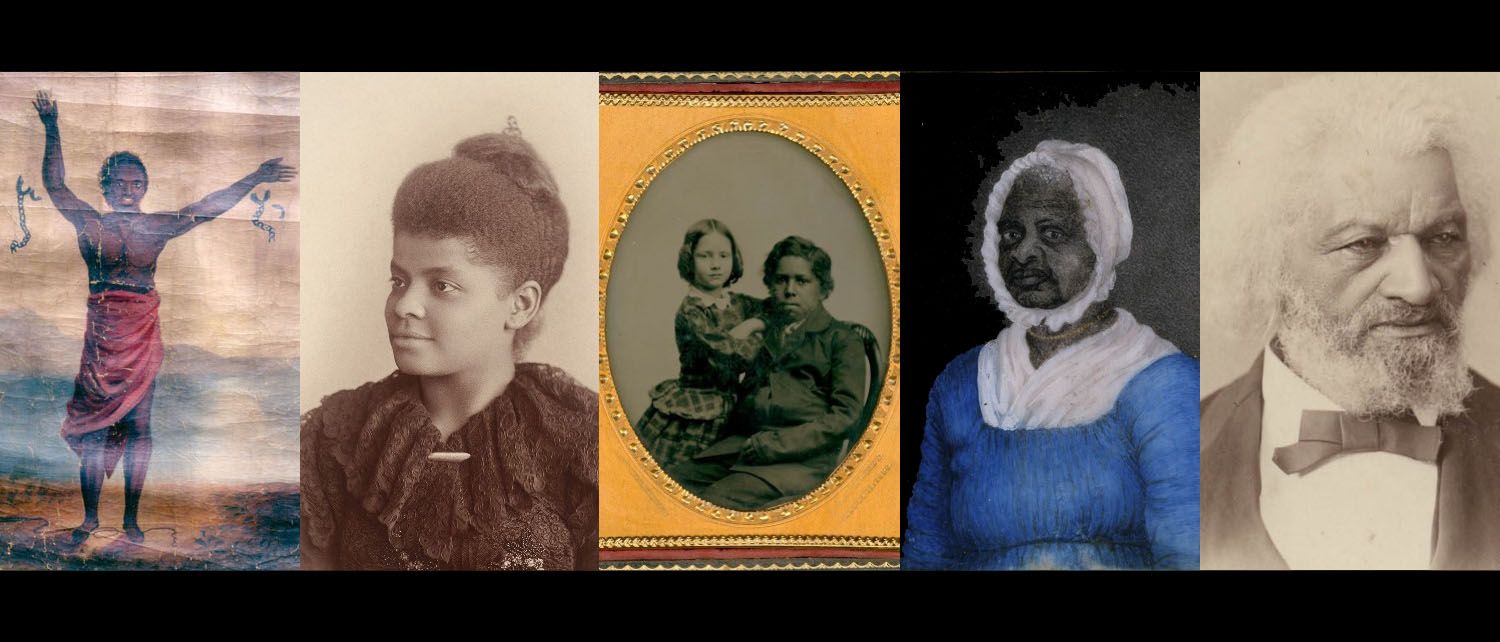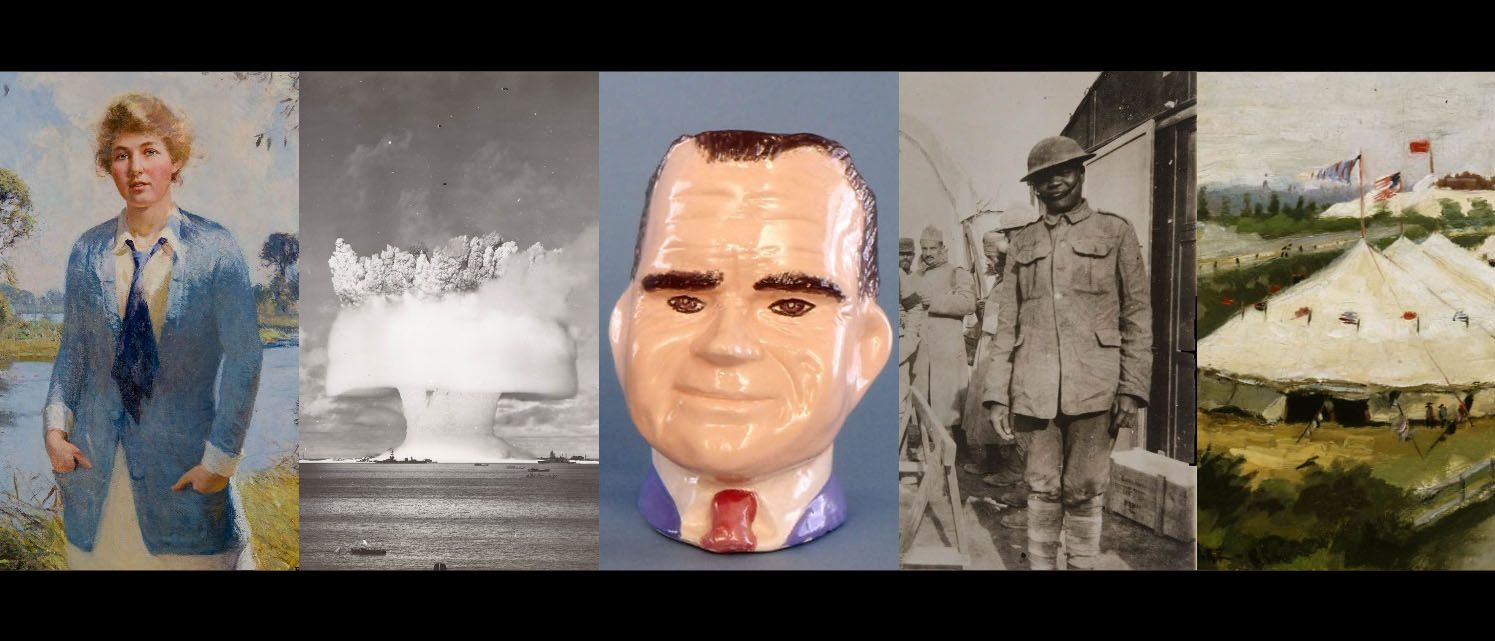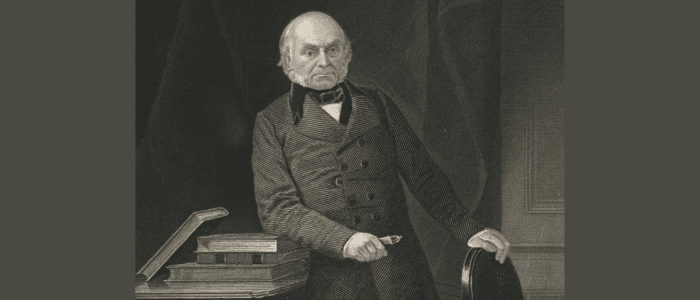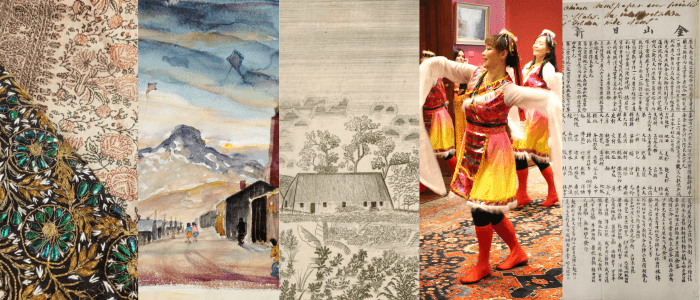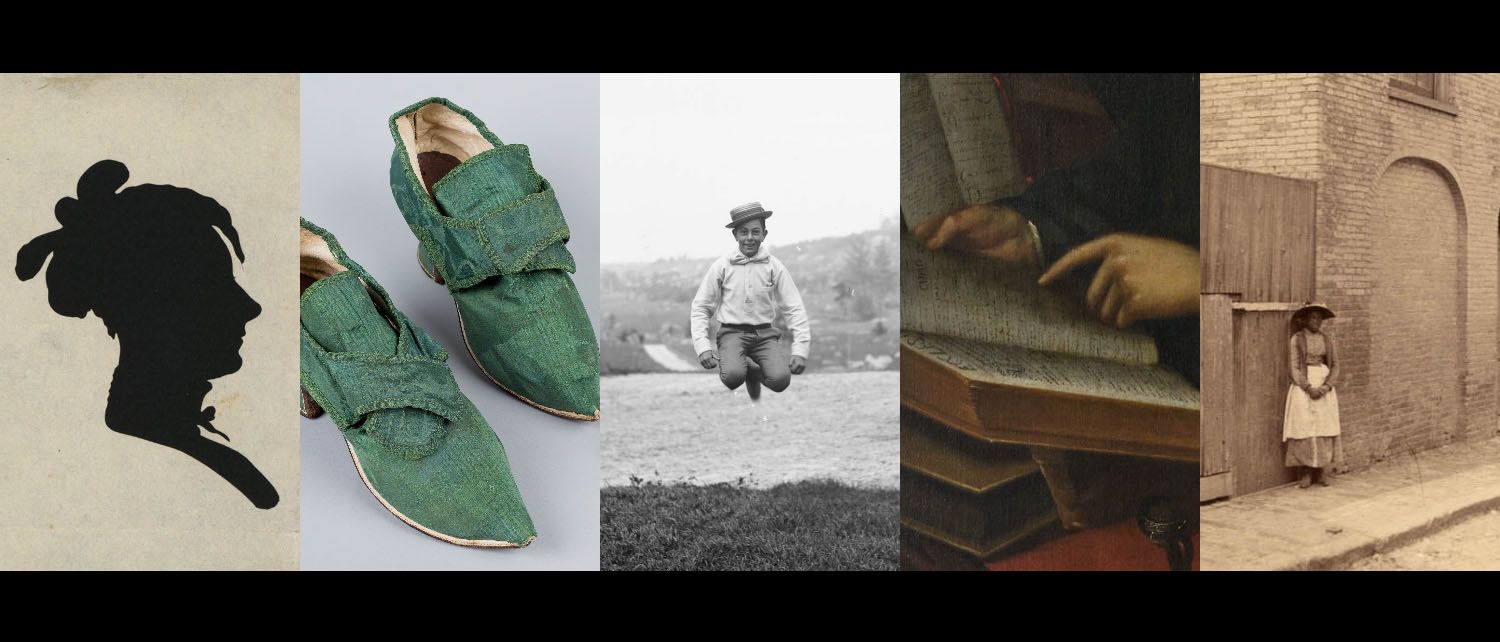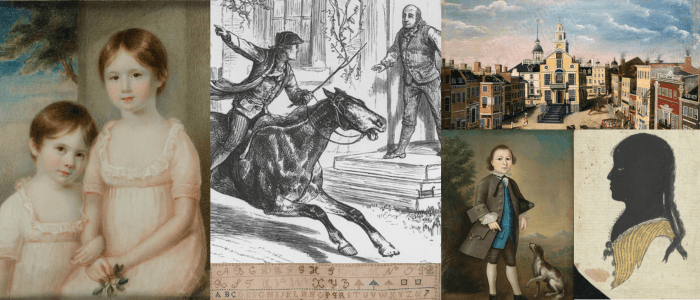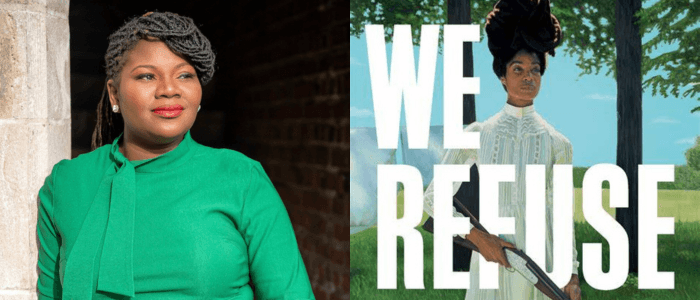Event

"Get Your Grassroots, Ladies": Pioneering a Path to Upgrade Household Employment in Boston, MA, 1960s-1970s
Author: Mia Michael, Wayne State University
Comment: Erik Loomis, University of Rhode Island
This is a hybrid event. The in-person reception will begin at 4:30 pm.
This paper uncovers a multi-generational history of domestic workers’ fight for dignity and economic justice. The problem household employees tackled in Greater Boston centered on their degraded cultural, legal, and economic standing throughout American history. Adopting a powerful and unexpected organizing style that was community-based, multi-issue oriented, and propelled by working-class women of color, local household employees and their allies blazed a trail towards systemic reform that clinched legislative victories, including the nation’s broadest state-level minimum wage protections for domestic workers since 1932. Ultimately, their historical efforts continue to inform low-wage workers’ struggles against social injustice and economic inequality in contemporary times.
Join the conversation at the Dina G. Malgeri Modern American Society & Culture Seminar. Seminars bring together a diverse group of scholars and interested members of the public to workshop a pre-circulated paper. Learn more.
Purchasing the $25 seminar subscription gives you advance access to the seminar papers of all seven seminar series for the current academic year. Subscribe at www.masshist.org/research/seminars. Subscribers for the current year may login to view currently available essays.
Hybrid Event
The in-person reception starts at 4:30 PM and the seminar will begin at 5:00 PM.
Masks are optional for this event.
The virtual seminar begins at 5:00 PM and will be hosted on the video conference platform, Zoom. Registrants will receive a confirmation message with attendance information.
